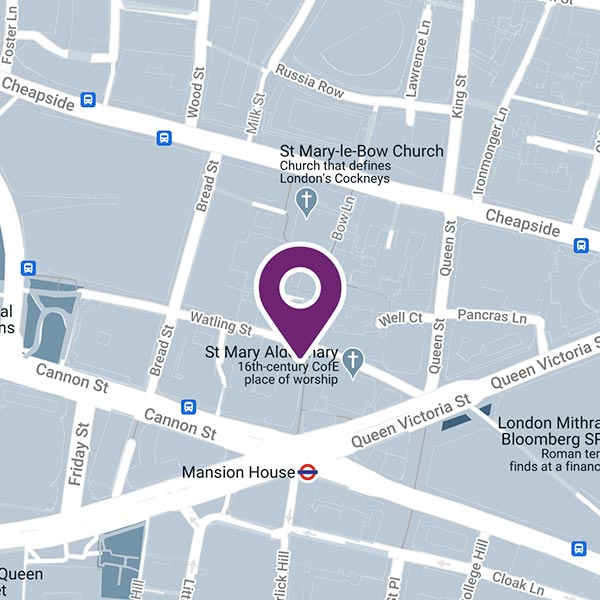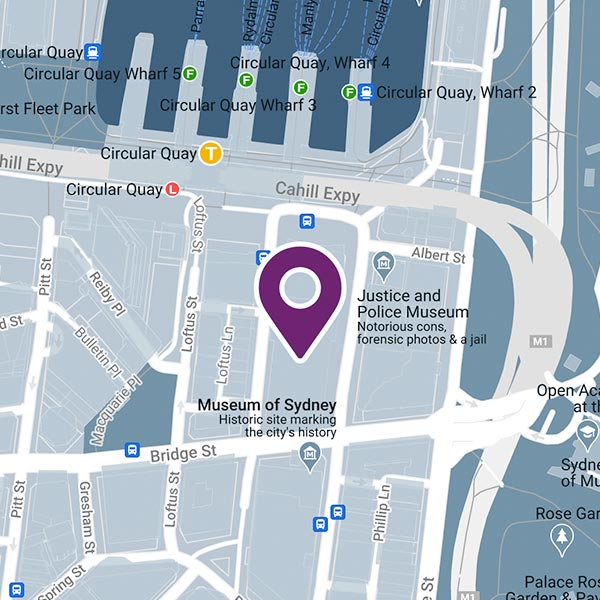Prominent Harvard University psychologists Daniel Goleman and Richard E. Boyatzis have developed a model of Emotional Intelligence (EI) that comprises four domains: self-awareness, self-management, social awareness, and relationship management. Each domain contains twelve competencies: emotional self-awareness, emotional self-control, adaptability, achievement orientation, positive outlook, empathy, organisational awareness, influence, coaching and mentoring, conflict management, teamwork, and inspirational leadership.
Developing a balance of strengths across these competencies is essential for any leader looking to be successful. This article will examine each of the competencies, allowing you to assess which ones you may want to develop.
Why is emotional intelligence important for leaders?
The ability to effectively manage emotions is critical for any leader. After all, emotions can impact a person's thoughts, behaviours, and decision-making. If a leader isn't aware of or can't control their emotions, it can create problems both for the leader and their team. Managing emotions isn't just about handling stress or not getting angry. It's also about being aware of and understanding the emotions of others. This emotional awareness can help leaders build stronger relationships, resolve conflicts, and inspire their team.
So, what are the competencies that make up emotional intelligence?
1) Self-awareness
Self-awareness is the ability to be aware of and understand one's own emotions. Imagine a leader who can always put themselves in other people's shoes, understands how their emotions impact their behaviour and knows when to take a step back. This leader would be said to have strong emotional self-awareness.
But emotional self-awareness isn't just about understanding one's own emotions. It's also about recognising the emotional states of others and being able to respond in a way that meets their needs. For example, a leader who can read the emotional cues of their team and adapt their communication style accordingly would be said to have strong emotional awareness.
2) Self-management
Self-management is the ability to effectively control and express emotions. A leader with strong emotional self-management skills can keep their emotions in check, even in challenging situations. They're able to remain calm under pressure and make clearheaded decisions.
But self-management is also about having a positive outlook, which is the ability to see the glass half full and remain optimistic even in difficult situations. Leaders who can find the silver lining in every cloud and maintain a positive outlook inspire others and create a more productive work environment.
3) Social awareness
Social awareness is the ability to be aware of and understand the emotions of others. Leaders with strong social awareness skills are able to read emotional cues and adjust their behaviour accordingly. They know when to give someone a pat on the back and when to give constructive and critical feedback. Emotional intelligence is not just about leaders being nice to others. It's also about having the courage to give honest feedback when needed.
Social awareness also involves having empathy, or the ability to understand and share the feelings of others. Empathic leaders can put themselves in other people's shoes and see things from their perspective. This allows them to build better relationships, resolve conflicts more effectively, and inspire their team.
4) Relationship management
Relationship management is a critical component of emotional intelligence. It's the ability to effectively manage relationships, both personal and professional. Leaders with strong relationship management skills are able to build trust, resolve conflict, and inspire others.
Building trust is essential for any leader. It's the foundation of all relationships. To build trust, a leader must be reliable, honest, and transparent. They create an environment of openness and respect where people feel comfortable sharing their ideas and opinions.
Now that we've explained all four domains of emotional intelligence and its 12 competencies, it's time to ask yourself: which of these emotional intelligence competencies do I want to develop? Do a self-assessment and be honest with yourself. Work on developing the emotional intelligence competencies that you need to improve upon. It's the only way to become a more effective leader.












